On Wednesday, Shahlise Cherry and her friend Deborah Arnone went to visit a fondly remembered past, one that helped to reshape retailing in America.
They went shopping at the last full-size Kmart in the mainland United States,?which is set to close its doors in Bridgehampton, New York, for good on Sunday.
Their cart was full of close-out bargains, like a coffee maker and a set of bowls, things they didn’t necessarily come looking for but which they couldn’t pass up at 70% off regular price.
It’s been awhile since she’d been there, Cherry said, even though she was once a regular shopper.
“It was out of my loop for so long,” she said. “They didn’t have many of the things I needed.”
With the store closing Sunday, Kmart joins the list of once iconic retailers, such as Toys “R” Us, RadioShack, Pier 1, Bed Bath & Beyond and most of what’s left of Kmart’s corporate sibling Sears, once-successful chains that used to populate America’s malls and shopping centers but have ended up in retailing’s graveyard in recent years.
Shoppers like Arnone and Cherry might fondly remember shopping at Kmart or other now defunct stores, but a combination of competition from bigger and better retailers, bad management, failed acquisitions by hedge funds and private equity firms and changing shopping behavior have combined to kill the stores they once loved.
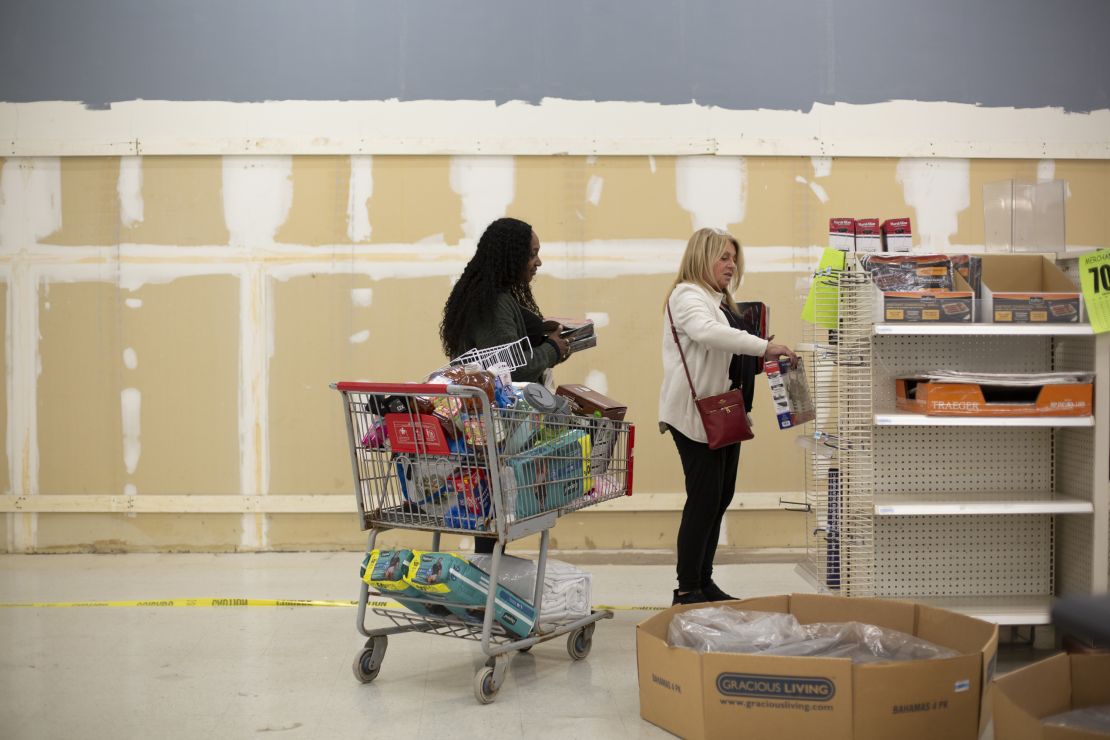
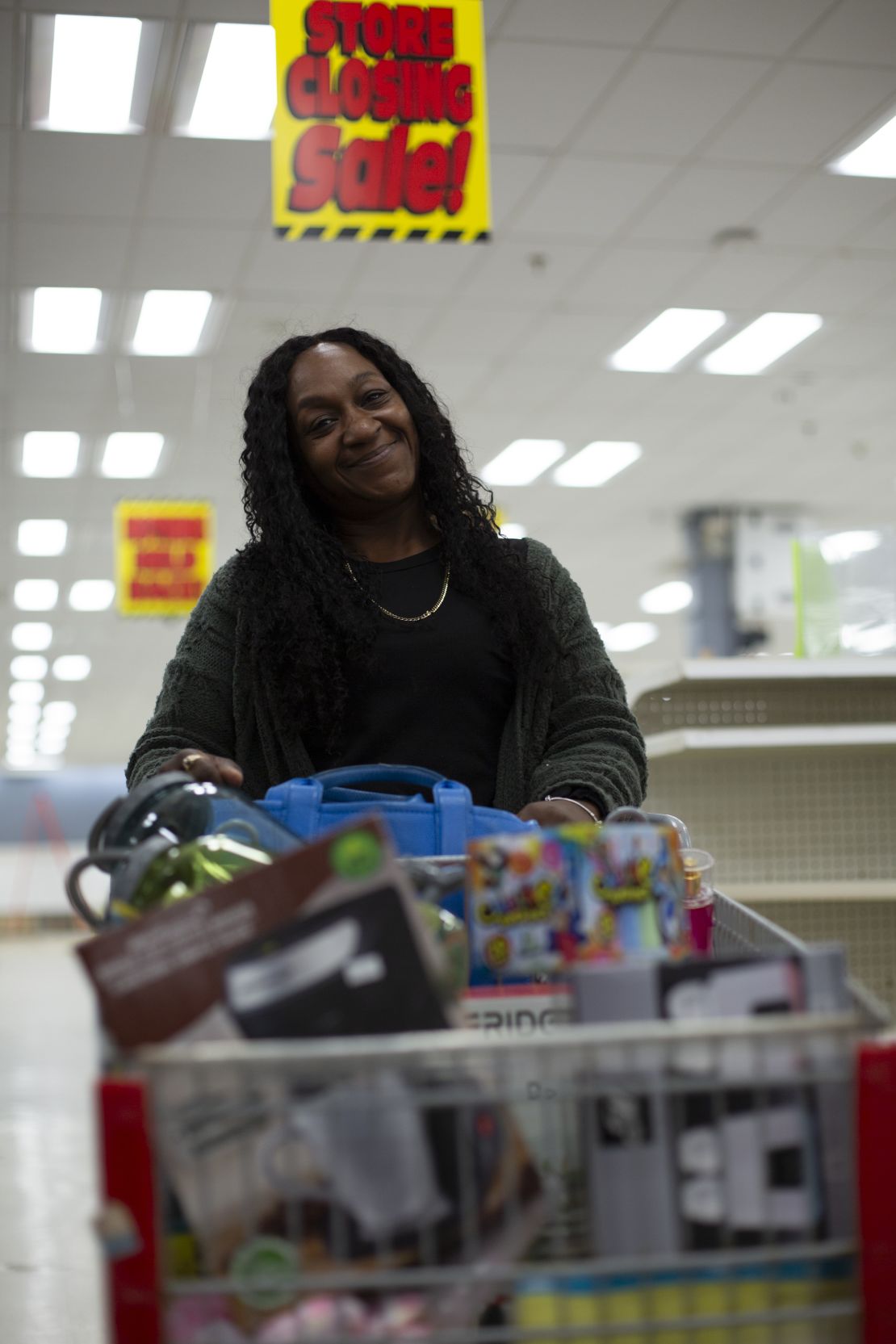
While the Bridgehampton Kmart’s closing wasn’t a surprise to Cherry and Arnone, they were surprised to hear this is the last full-size, mainland Kmart.
“This was our go-to when we were growing up,” said Cherry, who said she used to buy all her school supplies at the store.
“Whatever we needed, come back here multiple times a week, sometimes in the same day,” she said. “We’d come to hang out here with our friends.”
When it closes, all that will be left is one smaller Kmart with limited items in Miami and a few stores in the US Virgin Islands and Guam, markets too small and remote for competitors like Walmart – or even Amazon – to bother with.
The demise of a former trendsetter
The Bridgehampton store opened in 1999, taking the place of a former regional discount store, Caldor. For many of the?previous?30 to 40 years?prior, Kmart was a major force in US retailing.
The chain started in the late 19th century, when founder Sebastian Spering Kresge opened a five-and-dime store in downtown Detroit bearing his name. In 1962, the store adopted the Kmart brand.
The chain grew rapidly for several decades, claiming the discount segment of the market that big box stores now dominate.
Kmart became known for its 15-minute-long “blue light specials:” A store would flash a blue light and announce “attention Kmart shoppers” over the public address system, and customers would rush to buy discounted goods. The promotions started in 1965 but were discontinued in 1991, although Kmart tried to bring them back several times.
But the chain was also doomed by a number of bad corporate decisions and failed strategies.
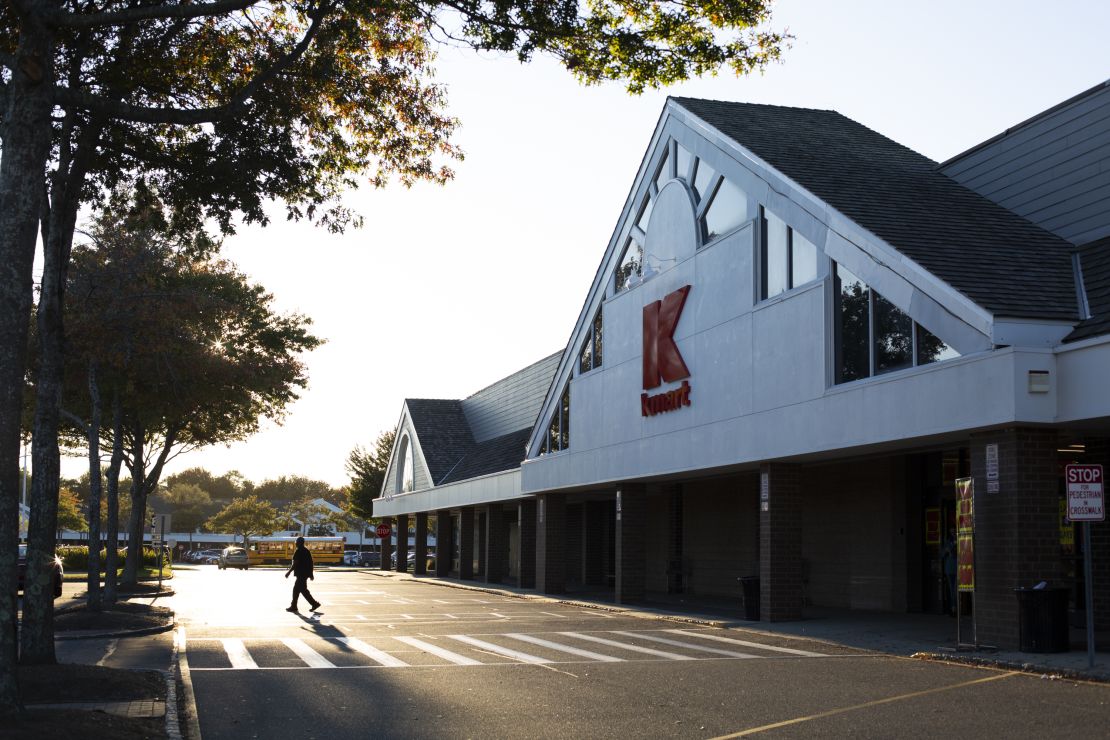
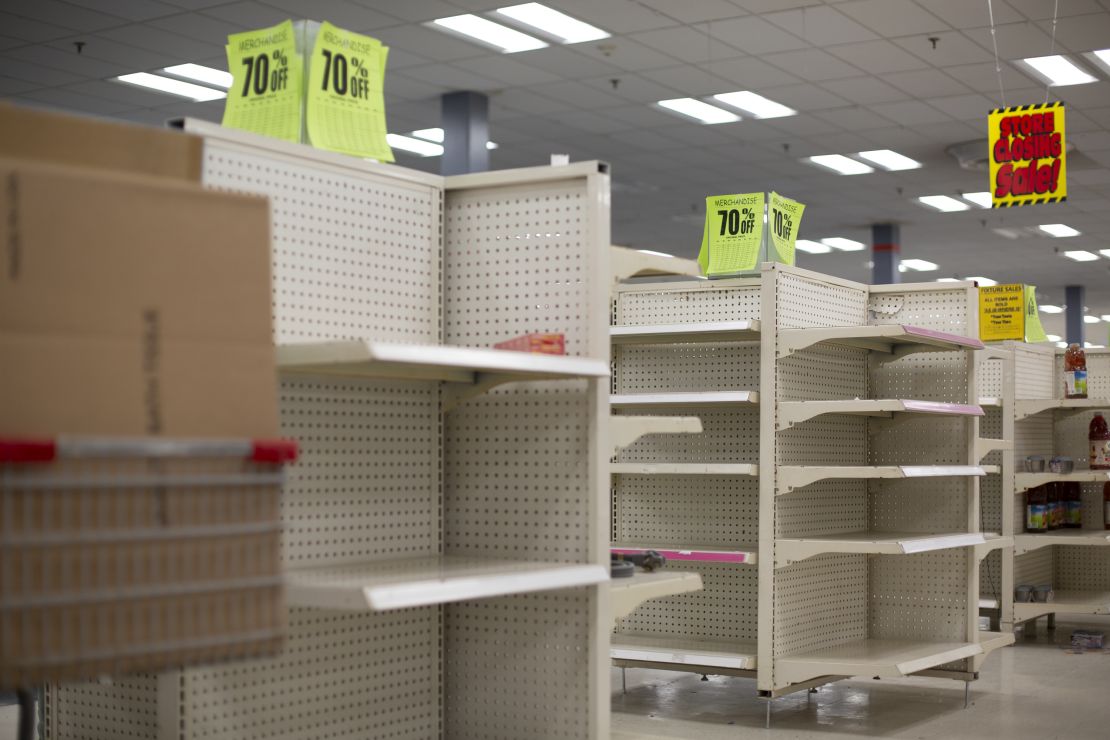
In the early 1990s, Kmart went on a buying spree, purchasing Sports Authority, a majority of OfficeMax and book retailer Borders. It sold all three a few years later. Sports Authority and Borders eventually went out of business after their own bankruptcies.
Kmart filed for bankruptcy protection in 2002, when it had 2,100 stores. It was the largest US retailer bankruptcy at that time.
But a disastrous merger with Sears in 2005 made the situation even worse.
The $11 billion merger was engineered by hedge fund operator Eddie Lampert. At the time Kmart still had about 1,400 stores and Sears nearly 900 full-line US stores.
But Lampert appeared more focused on selling off the real estate the two companies had, along with other assets such as the Craftsman brand of tools previously sold only at Sears, rather than in investing in either chain, leading to a bankruptcy filing in 2018.
When the retailer?emerged from bankruptcy?it still had?231 Sears and 191 Kmart stores, but those were also almost all doomed. Today only a?handful of Sears stores?remain, as well.
Now, the shuttering of the Long Island Kmart will close one more chapter in that merger.
A store for ‘regular people’
By Wednesday, the back of the Bridgehampton store was already empty not just of merchandise but even its shelving, the empty footprint of which could be seen on the floor. An empty space roughly the size of a football field filled the back half of the store.
The front of the store? had signs advertising 70% off regular prices and warning shoppers that all sales were final. The selection was extremely limited. Toys, once a Kmart staple, made up a small fraction of one aisle’s shelves.
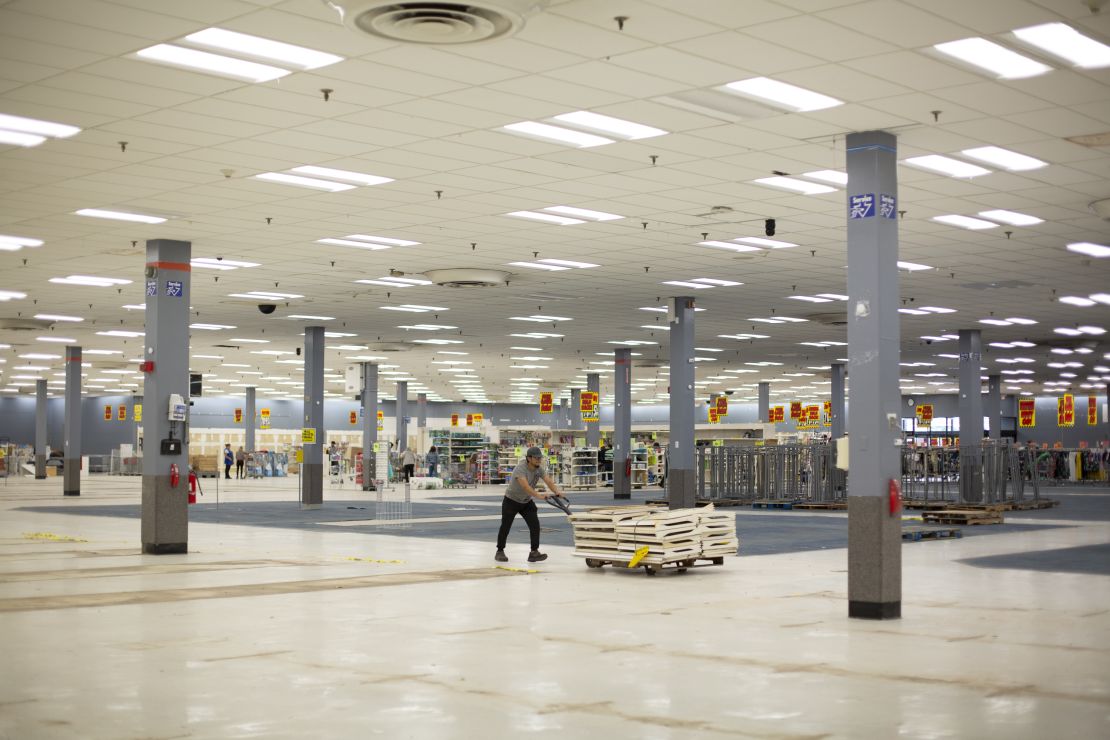
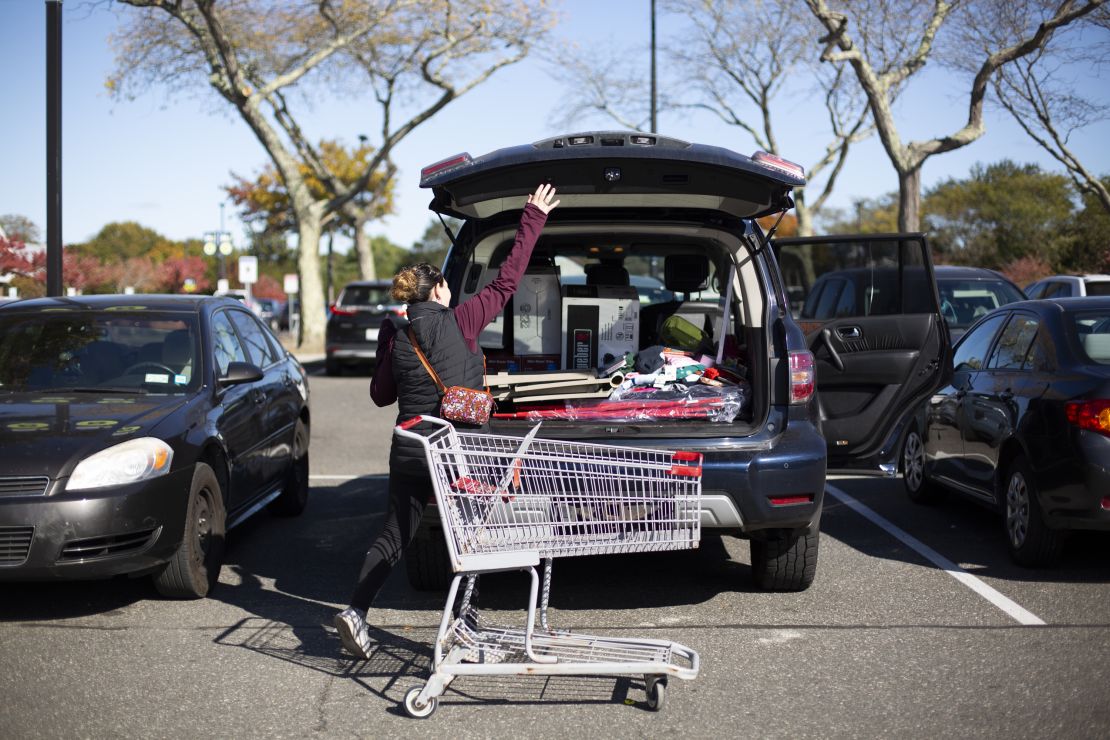
Bridgehampton is on the far eastern end of Long Island, in the middle of the wealthy vacation area known as the Hamptons. But Kmart didn’t cater to the rich vacation crowd but rather to the locals who worked in the area. The nearest Walmart and Target stores are about 25 miles away in Riverhead, roughly a 45-minute drive. The last full-size Kmart in the contiguous United States had been able to survive longer than other stores based on that limited competition.
“We need a store like this,” said Arnone. “There’s nothing in the Hamptons for regular people to shop in.”
But in much of the country, it had been years since Kmart was able to compete with more successful big box competitors like Walmart and Target, which offered shoppers groceries as well as clothing, household goods and tools, along with the growth of online shopping.
The sad ‘end of an era’
Shopper Sarah Bullock remembers going to Kmart for toys for her children and eventually her grandchildren. Wednesday she was brought to the Bridgehampton store by her grandson, who is now an adult.
“I always liked the prices. I’m sad to see it go,” she said. “It’s the bargains I think about when I think of Kmart.”
Her cart was full of clothing for family members and a snow shovel.
Bullock said she never shops online. But that wasn’t the case for other shoppers at the store Wednesday.
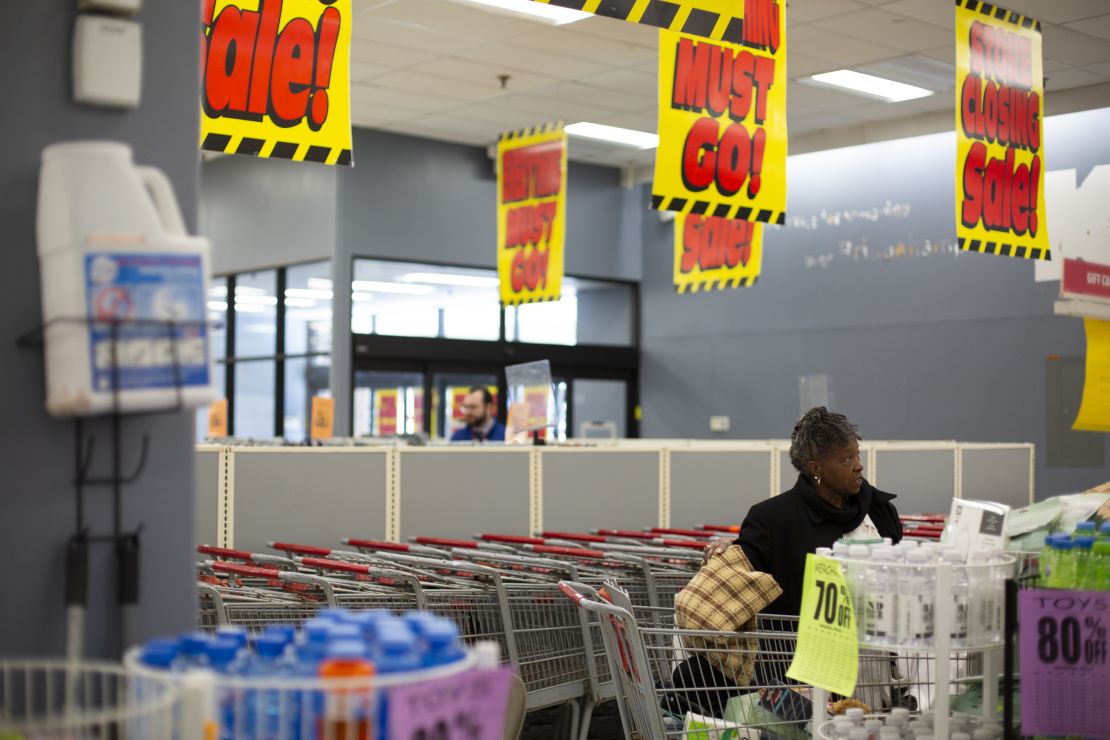
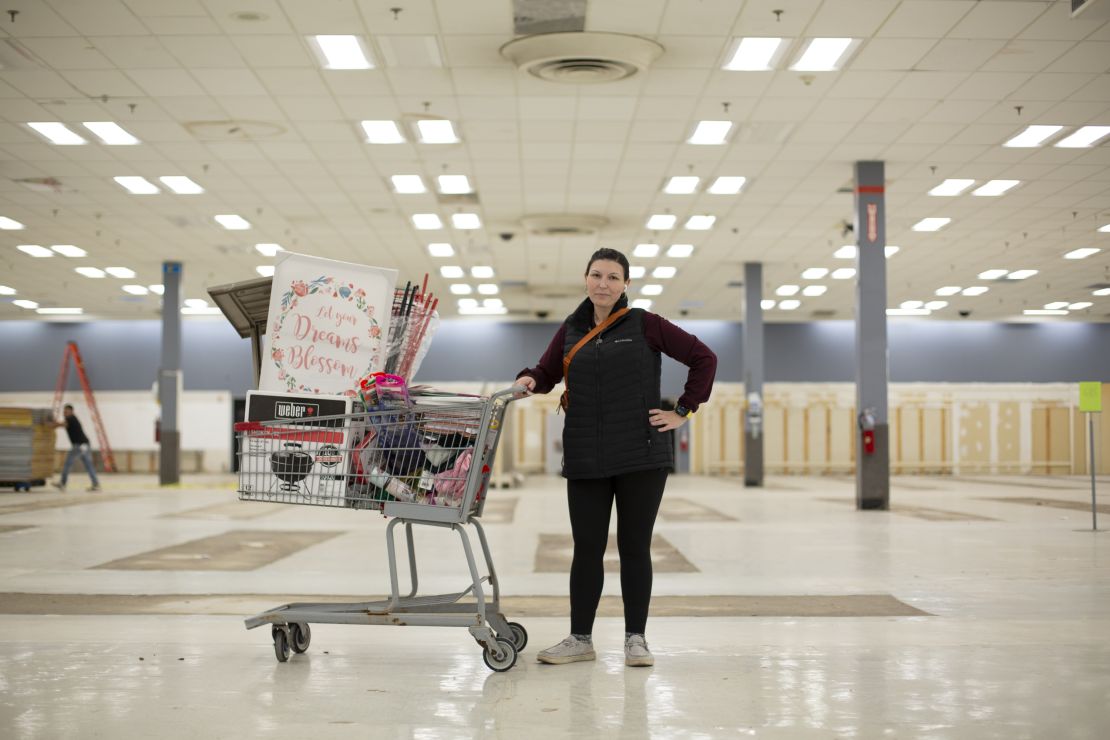
“I remember going shopping at Kmart with my dad. We used to buy everything here,” said Jessica Cohan, who had her four-year-old son Lucas in her cart along with a Smoky Joe grill, Valentines cards, winter hats and an assortment of other items. “But now, like everyone else, I do a lot of my shopping online. It’s a lot more convenient.”
Victoria and Seth Black were on their way out of the store after picking up a few random items – Chinet paper napkins, Scunci hair ties, some winter mittens and a beach hat.
They remember shopping at this store regularly in the past.
“Everything is very expensive out here,” Victoria Black said. “We needed a store like this.”
But their visits had been limited to maybe once or twice a year more recently, as they found it tougher to find the things they wanted there.
The demise of the chain, and the Bridgehampton store, brought back memories for the shoppers this week.
“It’s sad,” said Arnone. “It’s the end of an era. We shopped here for Christmas every year. It was a mainstay out here.”









